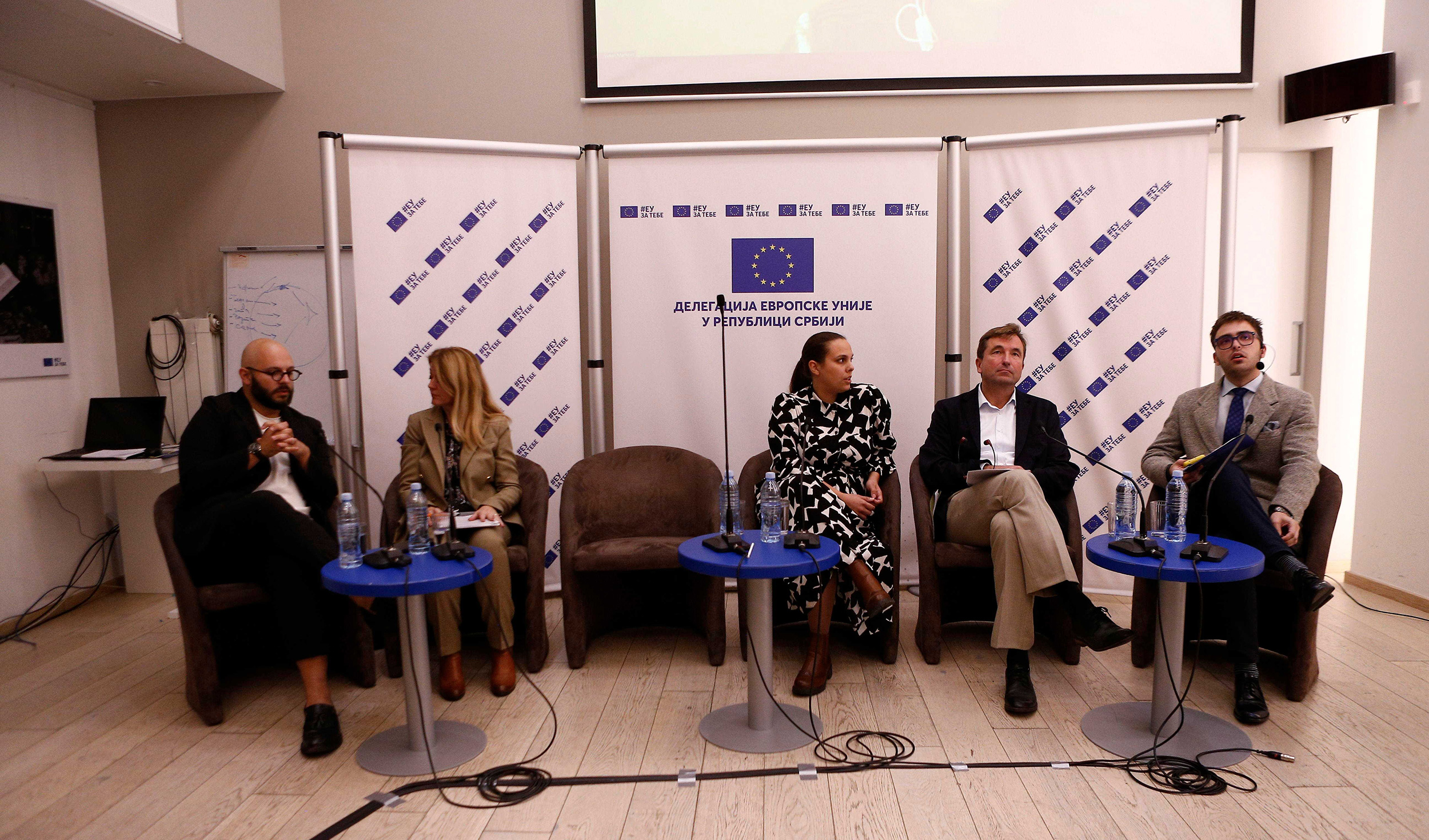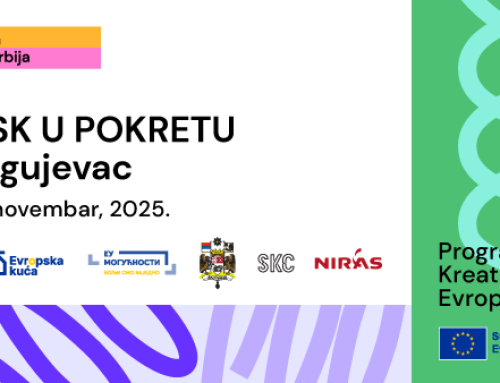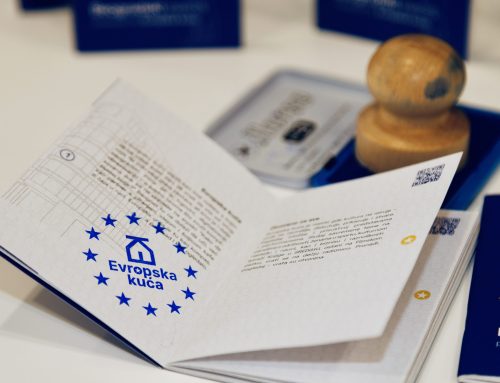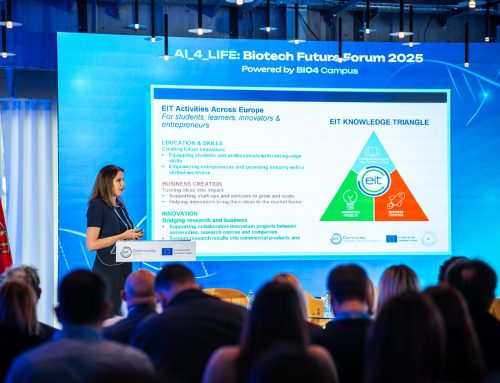A panel discussion on circular migration as an opportunity for young people to make a better life for themselves and their families, following educational aspirations and job prospects, was organised by the EU Delegation to Serbia, the European Policy Centre and the Foundation for the Advancement of Economics. The meeting focused on circular migration, that is, the needs and problems of people from Serbia who spend part of their time looking for work or education abroad, and part of their time in their home country.
“The European Commission and the EU High Representative adopted the EU Youth Action Plan 2022-2027, the first political framework for a strategic partnership with young people around the world to build a more resilient, inclusive and sustainable future,” said Mr Martin Klaucke, Head of Operations of the Delegation of the European Union to Serbia.
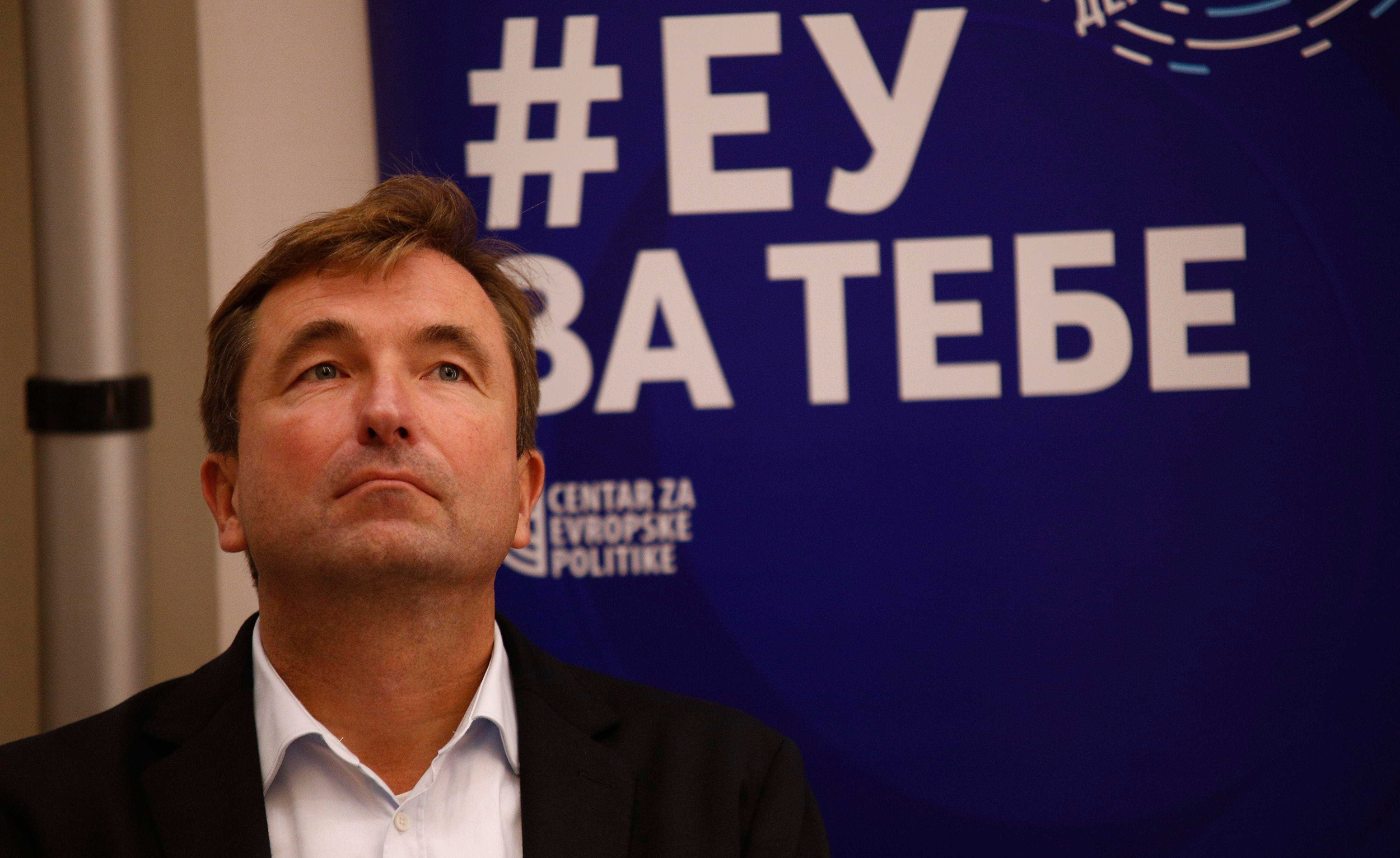
“The vision embodied in the EU Youth Action Plan is organised into three separate pillars that shape the EU’s partnership with young people in partner countries. First, a partnership to engage, with the aim of increasing the voice of young people in politics and decision-making. The second is the Partnership to empower, under which the EU Action Plan will make resources available to fight inequality and provide young people with the skills and tools they need to thrive. Finally, there is the partnership to connect, as the third pillar. It creates opportunities for young people to network and exchange with their peers all over the world, not only in the Western Balkans region,” Klaucke concluded.
CEP representative Andrija Mladenović said that in the past couple of decades, Serbia has been faced with the outflow of all possible personnel, especially young people, and that recently there has been an approach called circular migration, i.e. people are abroad for some time of the year. and someone in Serbia.
He told the journalists that the situation in that area in Serbia will be analysed at the meeting “In search of young people and talents of circular migration in Serbia”. in Serbia, and stated that it is the state’s job.
They do not stay in one place, but spend a certain amount of time in a foreign country, studying or working, and then return to their home country, where they spend the next period, also working or studying, thus “circulating”.
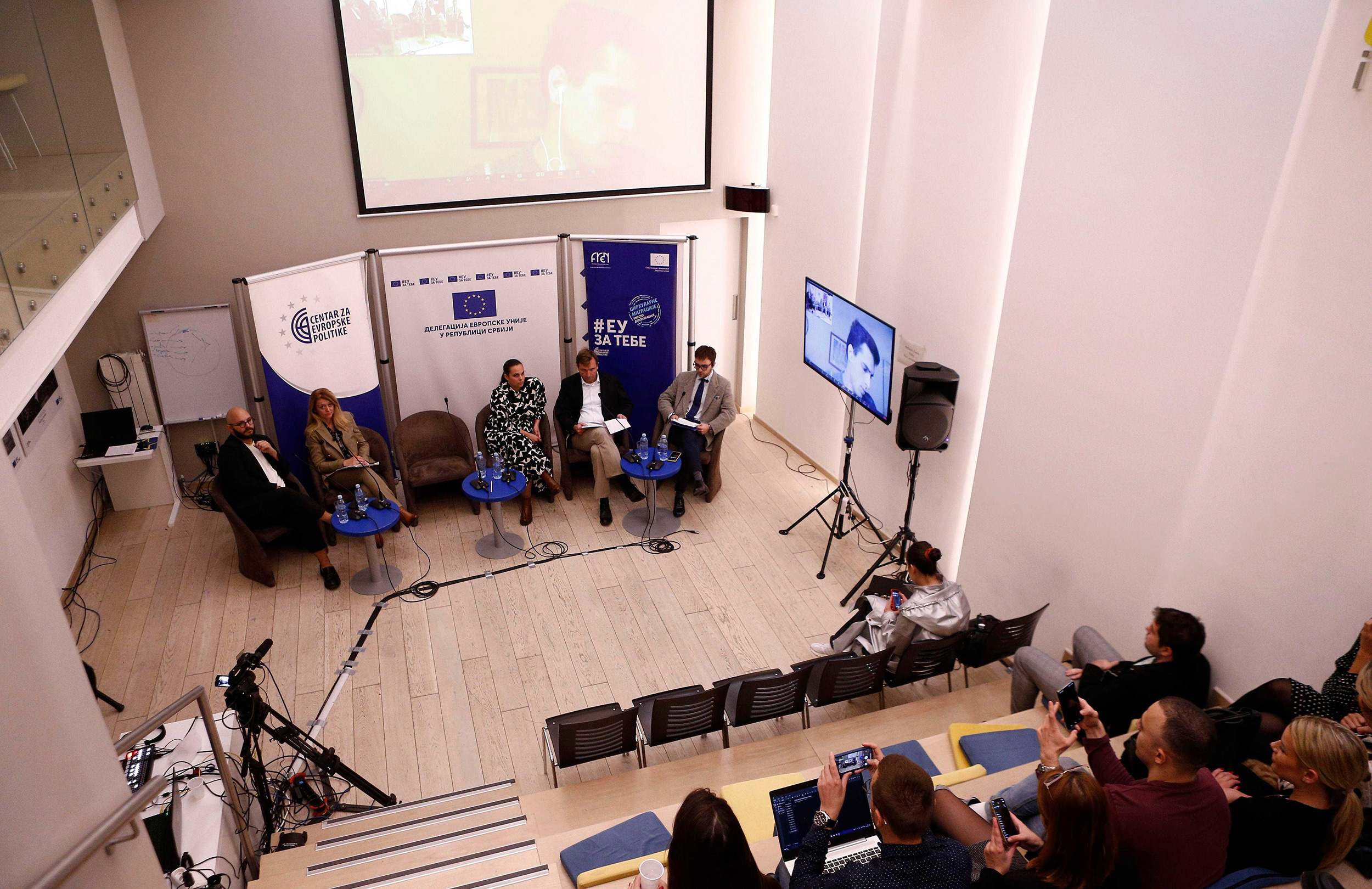
Since technologies will develop more and more, and remote work will become normalised, there is no doubt that modern nomads will be an increasingly regular occurrence, according to the organisers.
They also announced that thanks to the EU integration process, the citizens of Serbia have a wide range of opportunities in the EU countries, but also, as they stated, the opportunity to “bring” the learned state back and apply it in Serbia, but the question is how to attract them to do something like that.

